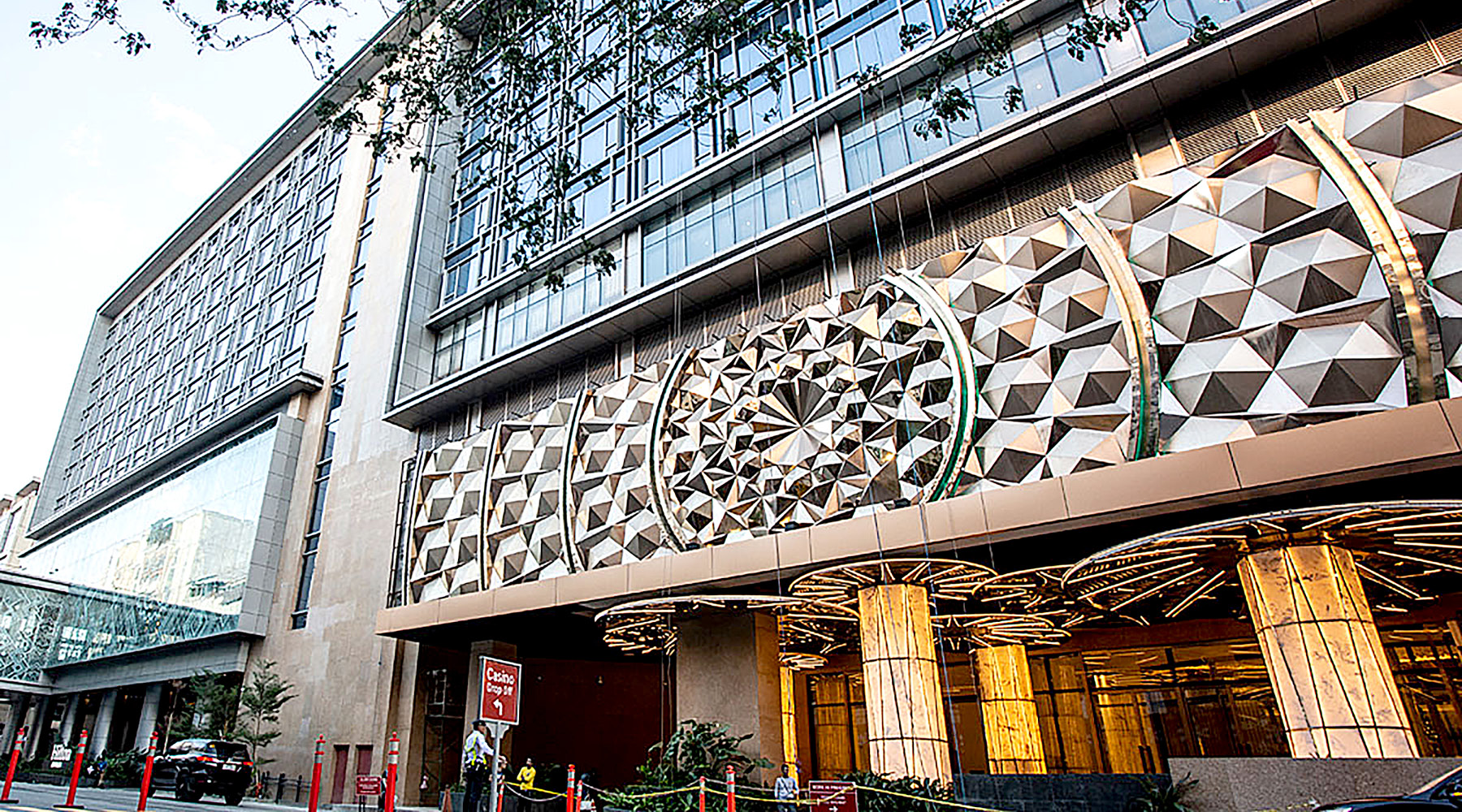Constructing a New Future: Lesley Villanueva
As the newly appointed President of Philippines-based construction company Datem, Lesley Villanueva explains how she’s shaking things up in order to revitalise the business in the post-pandemic era.
The impact of the pandemic on businesses across the world cannot be understated. And while for many organisations the repercussions have been predominantly negative, for others, like Philippines-based construction company Datem, COVID-19 has proved to be the catalyst for some hugely beneficial changes.

"The pandemic has really been the major driver for us to prioritise our digital transformation," President Lesley Villanueva tells The CEO Magazine. "Although there have been strategic talks before in our previous planning sessions, the pandemic was really what pushed us to make it a top-level action item."
As a result, Datem has begun overhauling its processes, looking for new ways to continue evolving in an increasingly digitised world. "We have taken great strides in the system – all the different networks, our applications, our processes – and we’ve engaged a third-party auditor and consultant, who helped us identify the gaps and the risks," she shares. "It’s not just an investment in hardware and software; it really is a big part of a culture change. We really need to get everybody on board and adjust their mindset."
With a background in architecture, Lesley joined the Datem family in 2008 and hasn’t looked back. From project management to marketing, she experienced numerous facets of the company before being appointed President at the beginning of 2021. In the short time since stepping up to the role, she has pushed the focus to "get things back on track" post-pandemic. "We’ve been looking at all the data from the past year – the trends, productivity and costs – so we can not only get back on our feet, but be even better than we were."

However, Lesley admits she can’t take sole credit for the changes the company went through in the past year. "I’m proud to have been part of the new generation of leaders within Datem, who have taken up the challenge and accepted the responsibility of keeping the organisation on track, despite the challenges of the pandemic," she says.
An important part of this process has been giving more accountability to the management committee. "These are across all fronts in the company: financial, operations, engineering, logistics and business development," she explains. "This has meant that our organisation has been rejuvenated with a new sense of empowerment from these new leaders, because we were all given a bigger responsibility, and there’s also a sense of pride and accomplishment that goes along with that."
How we interact and how we communicate with our clients – that’s what sets us apart from others.
Now, looking to Datem’s next chapter, Lesley says its strategy can be divided into two major elements. "One is our digital transformation, and the second is our aggressiveness to enter the infrastructure market," she reveals. "We really need to plan this year, so that will be implemented next year and in the years to come. So, that’s part of our three- to five-year plan. We have always been keen to go into infrastructure."
While this is a departure from the company’s usual offerings, it will open up an entirely new world of opportunity. "We have always been heavily focused on private projects, since our inception in 1984," she points out. "If you look at our portfolio, that really is our bread and butter. Our clients are mostly private entities and then we specialise in high-rise construction.
"But this time around, we have set up our infrastructure division, and this is heavily supported by our partnering strategies management division. So they’re the ones who look for partnership opportunities, new projects and new ventures."
It’s a move also in line with readying Datem to meet the demands of a country expanding as rapidly as the Philippines.
In Lesley’s opinion, a successful business all boils down to one crucial thing: relationships. "Really nurture all your business relationships," she advises. "Not just internally either; not just within the company. Of course, it’s a given that you have to make sure that the culture allows for the nurturing of relationships within, because you cannot function if your organisation does not take care of each other.
"But it’s also vital to foster those relationships within the broader industry externally, because construction, although mostly a very technical industry, is also very service-oriented. It’s in how we deliver the service and communicate – that’s what makes a mark in the minds of our clients, our consultants, our suppliers or subcontractors."
When dealing with suppliers in particular, Lesley recommends that a certain degree of care be taken. "If they don’t feel like they are given priority in our organisation, then they won’t give us the best service. We need the best service to be able to give the best quality to our clients," she explains.
That also means ensuring "a personal touch for each entity, each organisation that you deal with". Because, as Lesley says, the bottom line is always, "How we interact and how we communicate with our clients – that’s what sets us apart from others."